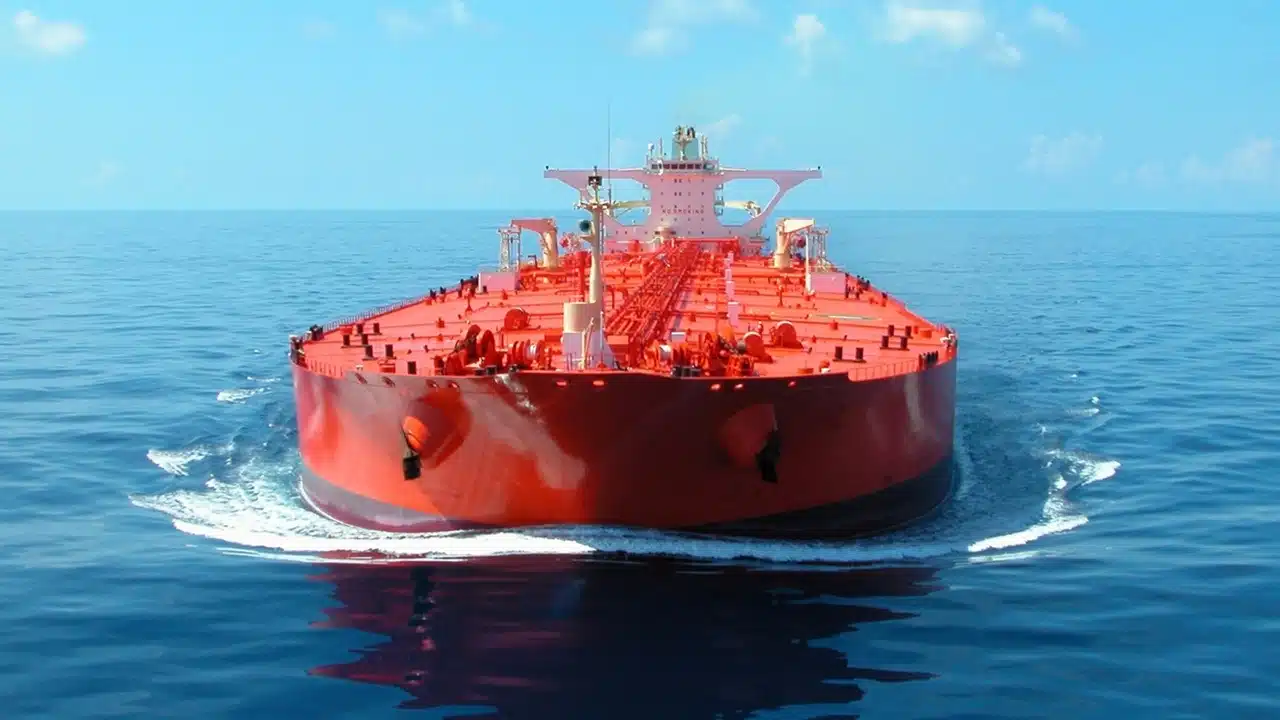‘Drill baby drill’ – Trump and the tanker market

With the results of the U.S. elections mostly settled, discussions are underway on what President Donald Trump’s expected return to office could mean for the future of energy in America and globally. Analysts believe Trump’s policies could change the landscape for oil, gas, and tanker shipping.
Trump’s Focus on Oil and Gas
During his campaign, Trump highlighted his strong support for American fossil fuel production, with slogans like “drill, baby, drill.” This points to a more relaxed approach to energy regulations, making it easier for companies to get oil and gas drilling permits. Loosening these rules could mean more drilling on U.S. lands and faster approval for new oil and gas export projects.
In 2017-2020, Trump’s first term saw growth in U.S. oil and gas production. If similar policies return, many experts expect an increase in drilling and possibly even higher exports, boosting the need for tankers to transport oil worldwide.
Impacts on Tanker Demand
A boost in oil and gas production is good news for tanker companies, which move these fuels across the oceans. Stamatis Tsantanis, Chairman of Seanergy Maritime, says this focus on drilling could strengthen the tanker industry, as more U.S. oil would be shipped overseas. This would be especially beneficial for Very Large Crude Carriers (VLCCs), the big ships that carry oil long distances.
Another major player in the tanker world, Scorpio Tankers, recently invested in a VLCC company, expecting a future rise in demand for crude oil transport. According to their CEO, Emmanuele Lauro, investing in tankers now positions them well for future profits.
Tensions with Iran and Potential Sanctions
A Trump administration could also reintroduce tough policies on Iran, especially around Iranian oil exports. Experts think Trump would restart his “Maximum Pressure Campaign” on Iran, pushing for strict sanctions to limit Iranian oil sales. If the U.S. succeeds in curtailing Iranian oil exports, it could open up more opportunities for tankers to move oil from other, non-sanctioned countries.
Some of this Iranian oil is shipped on “dark fleet” tankers, vessels that operate outside of official channels and try to evade sanctions. Cracking down on these fleets could further help mainstream tanker operators by driving up demand for legal oil transportation.
The Bigger Picture for Energy and the Market
Trump’s policies may also face fewer barriers with a Republican-leaning Congress, giving him a smoother path for implementing energy reforms. This is a shift from the divided government during the Biden administration, where progress on energy policy was slow.
Although no one can predict exactly how markets will respond, tanker companies and energy analysts suggest that Trump’s second term could bring more U.S. oil onto the global market. This could result in higher tanker demand, benefiting companies that have invested in oil transportation.
As energy experts look back to Trump’s first term, many believe a similar approach could emerge, impacting oil prices and global tanker flows. If these policies take shape, we may see renewed momentum in the tanker industry as the U.S. strengthens its role in global energy production.
Conclusion
In summary, a Trump administration is likely to ease oil and gas regulations, which could mean more drilling and exports. His policies may also lead to tighter sanctions on Iran, affecting the global oil trade. These changes would not only impact energy markets but could also bring new opportunities for the tanker shipping industry.
